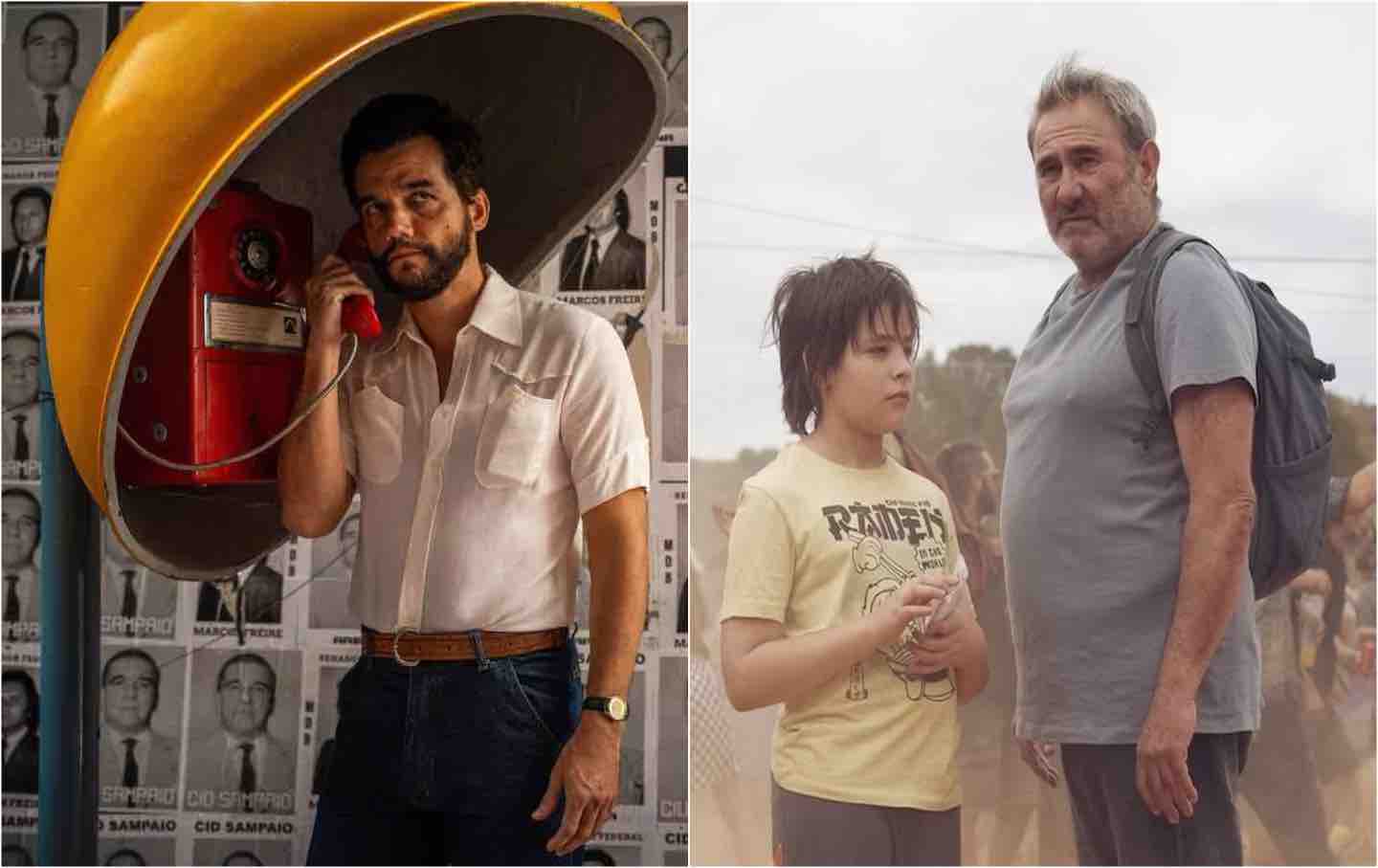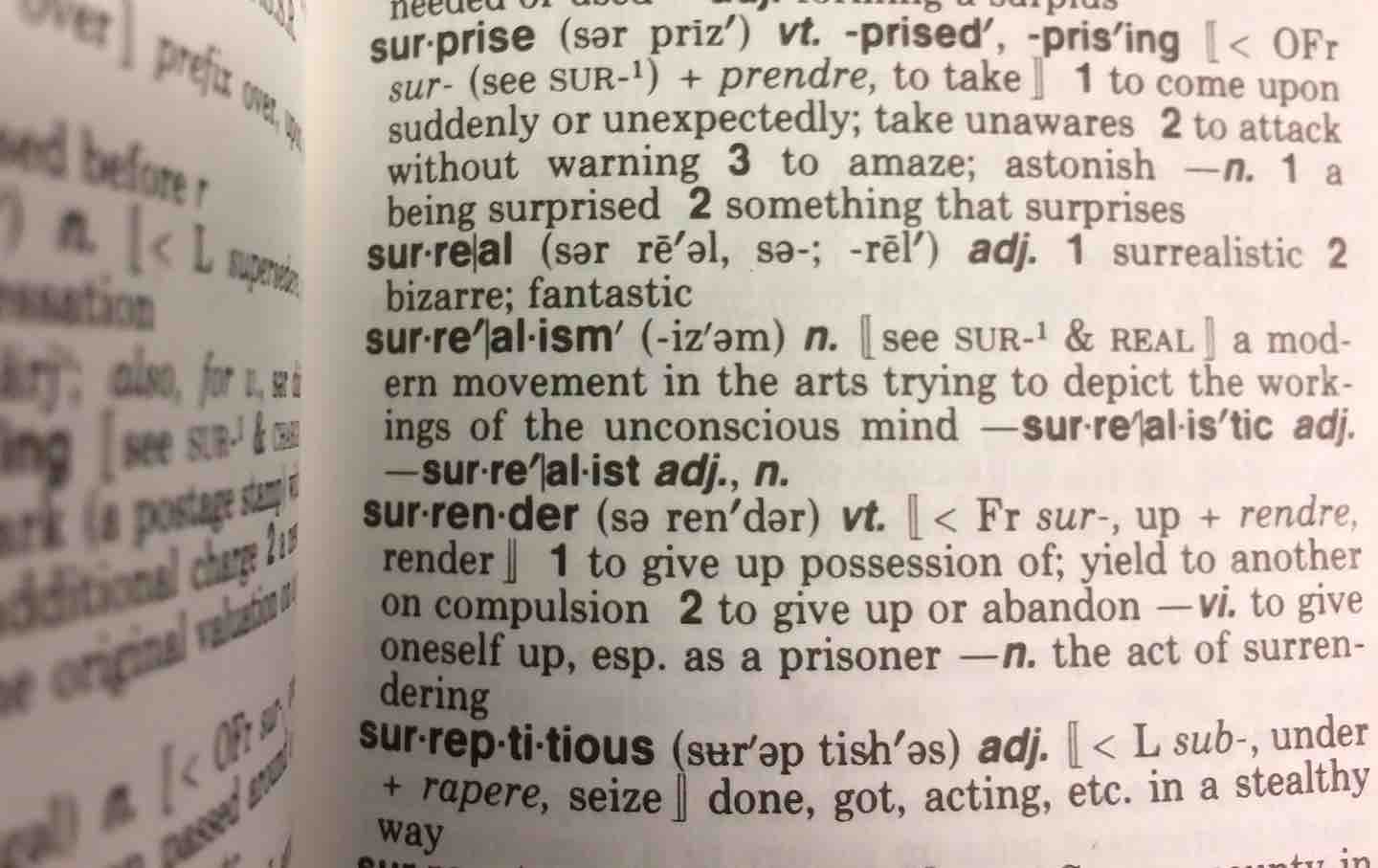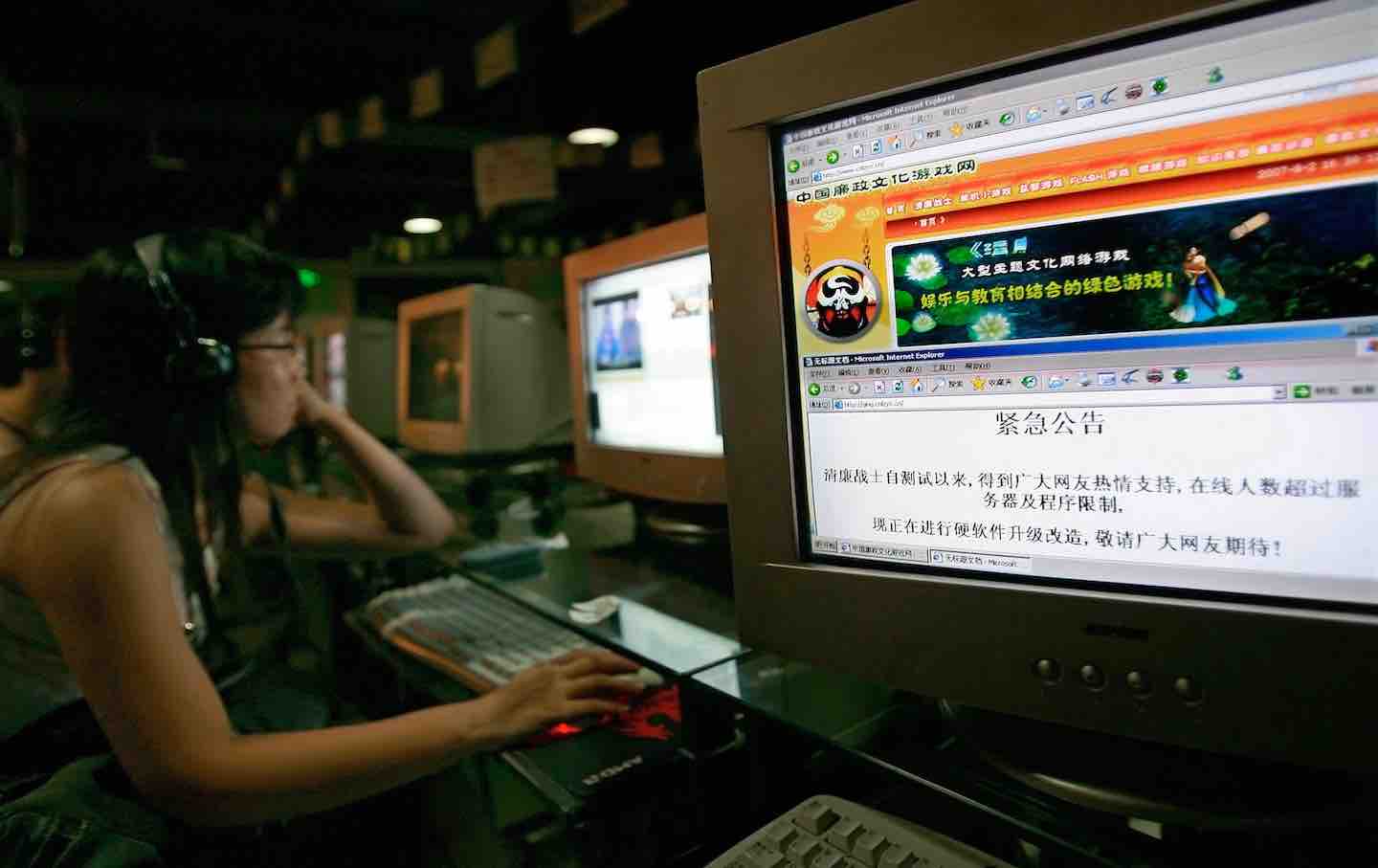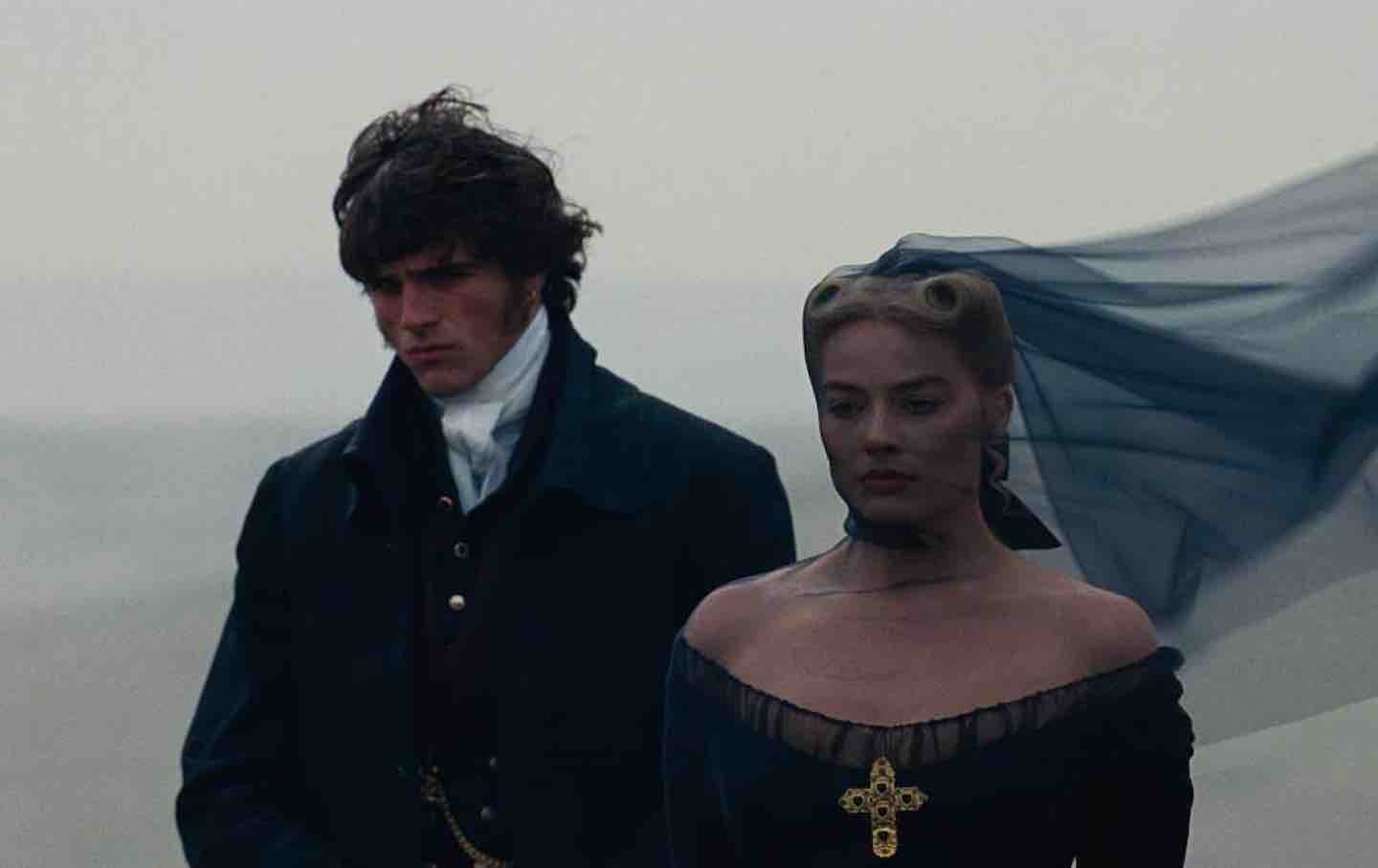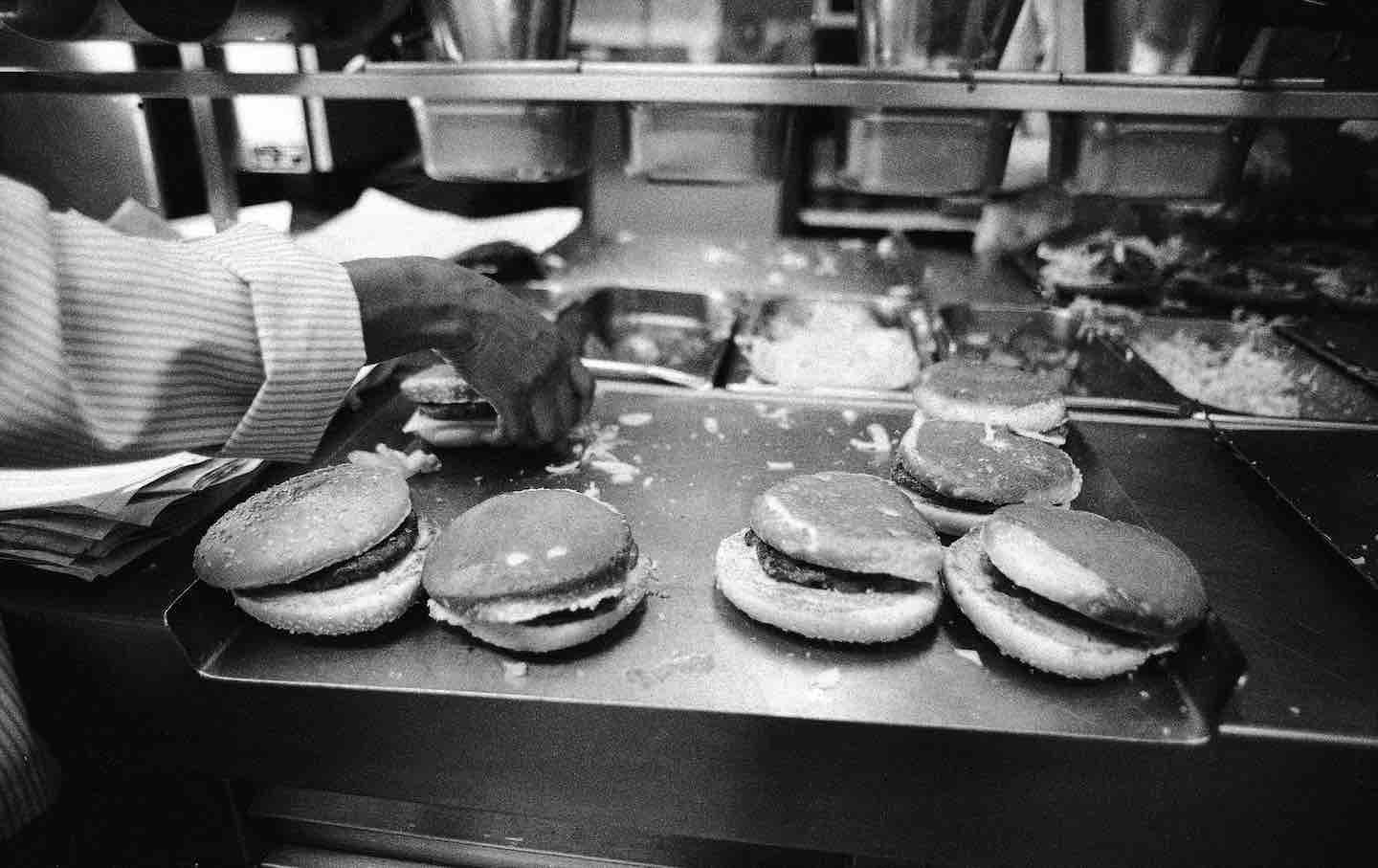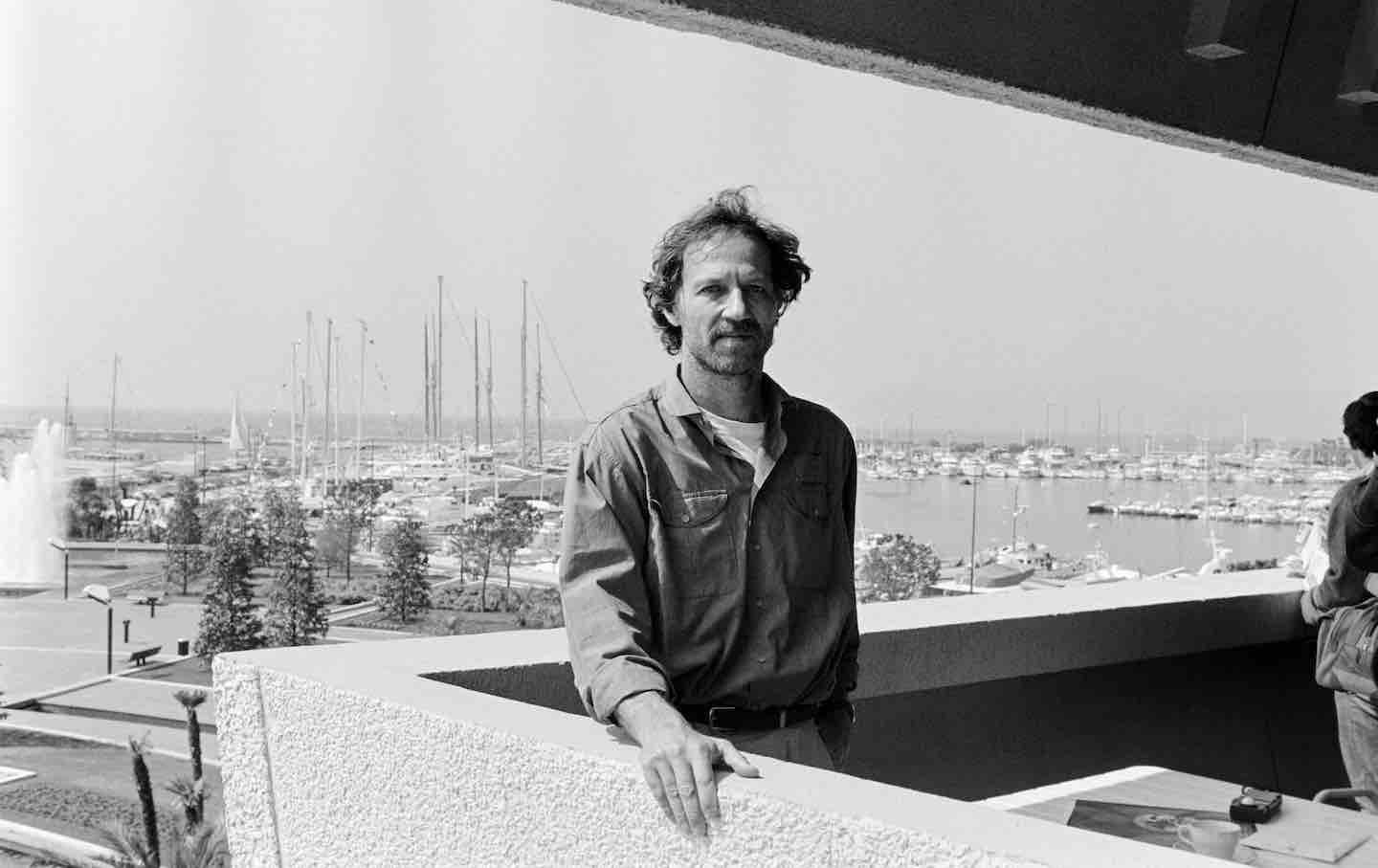Aia i hea ka wai o Lahaina?
no ka Malu ‘Ulu ‘o Lele
1.
He ui. He nīnau.
E ui aku ana au iā ʻoe:
Aia i hea ka wai o Lahaina?
Where high bent forests in fog?
Where cloud cover? Where rain?
Where full stream flow freed?
Aia i hea ka wai o Lahaina?
Not in the dry kahawai where
the waters should run to flow
over all the roads that were
blocked and detoured to Pō.
Aia i hea ka wai o Lahaina?
Not above where dark clouds
should be black with wai, and
emptying to white until white
means empty, waiting to be filled.
Aia i hea ka wai o Lahaina?
Some remains in the thin veins of Kanahā,
Kahoma, Hālona, and Kāuaʻula.
Barely in the warm breath of Kilihau, Pōhakea, or ʻImihau, in the dry wheezes of
Hulialopali, Waiuli, or Wehelaunu.
Some in nā ua Kilihau me Kapāʻūpili if they come.
No longer in Mokuhinia.
No longer a lei for Mokuʻula.
Drought is an old war.
2.
Aia i hea ka wai o Lahaina?
Wind rufflesthe surface of the ocean
the tide is lowthe bare reef exposed
in the distancehow sharp
the peaks of the western mountains
as Lele and Laha ʻāina became Lā hainā.
They planned our thirst for centuries.
3.
Eō e nā kupa o Lahaina:
we uē with you,
aloha with you.
Kaumaha claws inside us
for the dead forced to bury themselves,
for the missing, for the swaths of black
and benzene that bled into the wai,
for everyone bleeding ash.
We uē for generations.
Watch us light propane stoves and cook
venison on hibachi, clean and share fish
from our lawaiʻa, kalo from our mahiʻai,
everything sweet and green from māla,
from kumulāʻau still standing elsewhere,
thousands of scoops of rice—
watch us feed each other.
Watch us make our own supply routes
from flatbed trucks, jet skis, and boats
for cots, diva cups, tents, tarps, gas cans,
headlamps, walkie talkies, blankets,
diapers, and generators
and bottles and jugs and barrels of wai
Watch our medics practice consent.
Slow and mahalo. Watch our constellation
of Venmo’s and GoFundMe’s shine.
Watch every kupuna, every keiki
treasured, every ʻohana taken in long after
the expired hotel and airbnb vouchers.
Watch us protect the water.
Watch us make our own puʻuhonua.
Watch us teach them how.
4.
Aia i hea ka wai o Lahaina?
as we pule, uē, and rage, pule, uē, and rage,
wai flows and weaves memory and dream–
our wai maka feed the soil
and sing the rains of Maui awake.
We will grieve.
We will grieve.
We will grieve.
And piʻi ka huhū.
And we will still be gentle with each other.
The Maʻaʻa breeze is steady.
We will teach them how again and again.
We can’t say enough to speak back
the nahele
of Kula,
the noe,
the ao hiwahiwa,
the puna
to gently
draw
wai
down
these
grassyslopes.
We can’t speak back.
the loʻi kalo,
the ʻulu,
the ʻuala,
the kumulāʻau,
the lives,
lands,
and
waters
lost.
But we can keep asking:
Aia i hea ka wai o Lahaina?
Aia i hea ka wai o Kula?
Aia i hea ka wai o Maui?
Aia i hea ka wai o ka pae ʻāina o Hawaiʻi?
We can tell our keiki
we protect each other
and all we aloha, tell them
we stayed so we can
bring the water back.
We can billow steam
until it rises so thick
its malu, its kilihune, cools and cleans
all of this
ʻāina aloha—
until the wai,
until the wai,
until the wai.
And hū ke ola.
5.
Lahaina, he ʻāina momona.
Lahaina, he ʻāina i aloha nui ʻia.
E ola Lahaina. E ola i ka wai.
(This poem originally appeared in You Are Here: Poetry in the Natural World.)
Support independent journalism that does not fall in line
Even before February 28, the reasons for Donald Trump’s imploding approval rating were abundantly clear: untrammeled corruption and personal enrichment to the tune of billions of dollars during an affordability crisis, a foreign policy guided only by his own derelict sense of morality, and the deployment of a murderous campaign of occupation, detention, and deportation on American streets.
Now an undeclared, unauthorized, unpopular, and unconstitutional war of aggression against Iran has spread like wildfire through the region and into Europe. A new “forever war”—with an ever-increasing likelihood of American troops on the ground—may very well be upon us.
As we’ve seen over and over, this administration uses lies, misdirection, and attempts to flood the zone to justify its abuses of power at home and abroad. Just as Trump, Marco Rubio, and Pete Hegseth offer erratic and contradictory rationales for the attacks on Iran, the administration is also spreading the lie that the upcoming midterm elections are under threat from noncitizens on voter rolls. When these lies go unchecked, they become the basis for further authoritarian encroachment and war.
In these dark times, independent journalism is uniquely able to uncover the falsehoods that threaten our republic—and civilians around the world—and shine a bright light on the truth.
The Nation’s experienced team of writers, editors, and fact-checkers understands the scale of what we’re up against and the urgency with which we have to act. That’s why we’re publishing critical reporting and analysis of the war on Iran, ICE violence at home, new forms of voter suppression emerging in the courts, and much more.
But this journalism is possible only with your support.
This March, The Nation needs to raise $50,000 to ensure that we have the resources for reporting and analysis that sets the record straight and empowers people of conscience to organize. Will you donate today?
Brandy Nālani McDougall (Kanaka ʻŌiwi), from the ahupuaʻa of Aʻapueo, Maui, is the author of two poetry collections, The Salt-Wind, Ka Makani Paʻakai and Āina Hānau, Birth Land, and a critical monograph, Finding Meaning: Kaona and Contemporary Hawaiian Literature. She is a professor of American Studies specializing in Indigenous Studies at the University of Hawaiʻi at Mānoa and the Hawaiʻi Poet Laureate for 2023–2025. She lives with her ʻohana in Kalaepōhaku in the ahupuaʻa of Waikīkī on Oʻahu.
Dana Naone Hall grew up in Kaneohe, on the island of O’ahu. Her political activism, influenced by her love of poetry, resulted in the selection of essays, letters, talks, testimonies, and poems, representing more than three decades of work, gathered together under the title Life of the Land: Articulations of a Native Writer. This book was given an American Book Award by the Before Columbus Foundation. She lives with her family tucked in a windward landscape on the island of Maui.
No‘u Revilla is an ‘Ōiwi (Hawaiian) poet and educator. Born and raised on the island of Maui, she prioritizes aloha, gratitude, and collaboration in her practice. Her debut book Ask the Brindled won the 2021 National Poetry Series and 2023 Balcones Prize. She currently teaches creative writing at the University of Hawai‘i at Mānoa.

